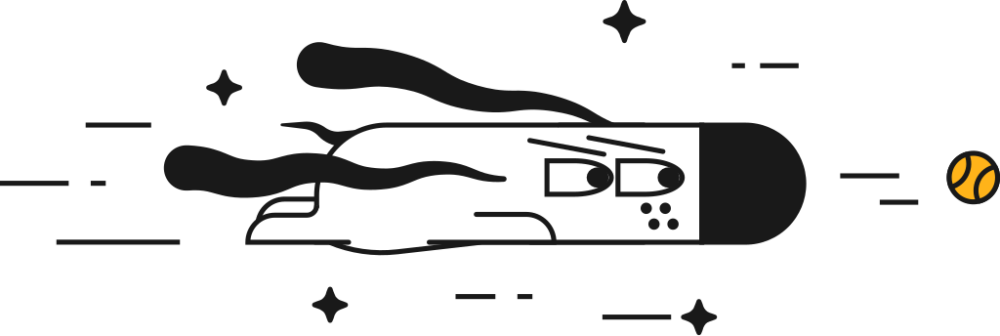Searching with sanity

A year ago, I wrote about using Kagi as my search engine. I wrote:
Do you remember the feeling when you first tried Google instead of Alta Vista, Excite, or Yahoo? The pages were clean, clear, and amazingly fast to load. The results were uncannily accurate. It was just obviously better, by leaps and bounds. The alternatives felt like they belonged to a different era.
That’s the feeling I get with Kagi.
A year on, I’m still delighted with the experience. Using Kagi has become such a routine, ingrained default that I really don’t think about it much anymore. I certainly can’t remember the last time I had to re-run a query on a different search engine.
I use Kagi’s Orion browser on my personal devices and have Kagi set as my default search engine in Microsoft Edge at work.
Kagi features which I particularly enjoy include:
- The ability to ‘raise’ or ‘lower’ domains in search results (or even ‘block’ them). For example, Kagi up-rates anything on a gov.uk or nhs.uk domain for me, which usually helps the thing I’m looking for bubble up to the top of the results.
- The ability to use Kagi Assistant with ‘bangs’. I have this set up so that I can just type the letter ‘c’ followed by text to begin a chat with one of Kagi’s supported large language model AIs, and ‘r’ followed by text to use one of the large language models in ‘research’ mode.
- The ability to use ‘lenses’ to append custom search parameters to a query in a single click.
Most of all, though, I enjoy the fact that Kagi is ad-free: its results are ranked solely by their likelihood to be the correct answer to my query, not by how much anyone is bidding for a specific keyword.
Looking at my Kagi stats, I average around 750-1,000 searches per month. I’m clearly reliant on searching as part of my day-to-day personal and professional work. Perhaps if I searched less, I would balk at paying a subscription fee to search the web, but Kagi is such a huge quality-of-life improvement over any other search engine I have found, that I’m happy to pay for it.
I’ve also been a happy Fastmail customer for quite a number of years. It strikes me that the combination of these two customer-focused ad-free products, which are among my most-used web tools, results in a calm, sane, and humane web browsing experience. I could cope without them… but I’d really rather not.
Give them a go!
I’m not using any referral links here—this is just my personal reflection, and while your mileage may vary, I’m happy to share what works for me. Who knows, I might feel differently in five years (cough).
The picture at the top of the post is a cartoon of Kagi’s mascot ‘Doggo’—which is actually one of the few things I dislike about Kagi. It reminds me a bit of Lycos—who knew that was still going?
This post was filed under: Technology, Fastmail, Kagi.
